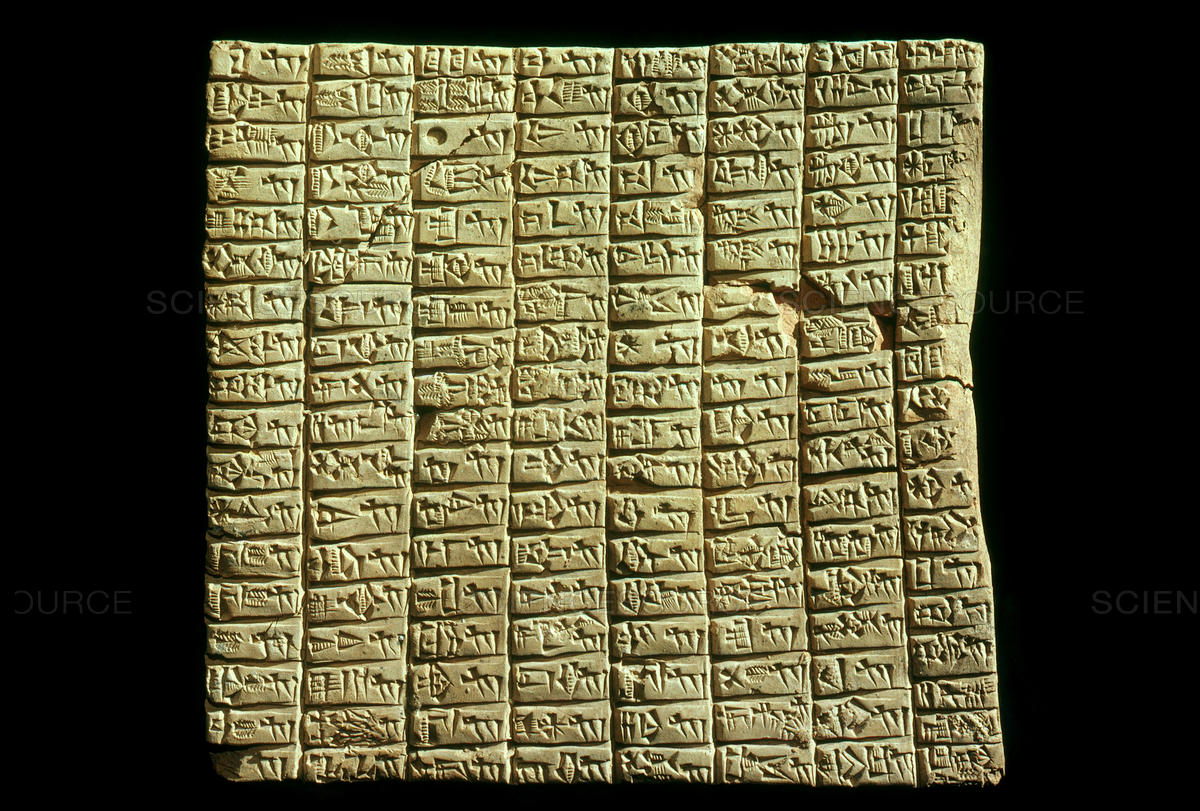Dr. Marieke Dhont presented the ANELC eLecture this week, demonstrating linguistic connections between Greek and Jewish culture. In addition, her study provides evidence for a bilingual community of Jews in the Second Temple Period.
This time period followed the introduction of Hellenism from the west into the whole of the ancient Near East. Hellenistic Greek language immigrated with the people. Many Jews during this time were rebuilding the temple in Judah, and while they spoke Aramaic, they must have also learned Greek. Dr. Dhont’s presentation addressed evidence of Jewish Hebrew/Aramaic and Greek bilingualism. This linguistic study has implications about the integration of Jews in a Greek-speaking world and how this influenced the shape of the Jewish identity in the Second Temple Period.
Dr. Dhont presented evaluations of Jewish writings in the Greek language, focusing on historiographies written by Demetrius and Eupolemus. She found that scholars often dismissed these writings as “inferior” and “clumsy,” among other insults. However, when she compared the texts to other post-classical, Hellenistic Greek writings, she found them comparable. Even where specific phrases and word groupings were called out as “shapeless” and “awkward,” Dr. Dhont demonstrated that these were actually a common part of the Greek vernacular. Furthermore, she showed evidence for an educated use of Greek in these writings. So, why the criticism?
Dr. Dhont suggested the disapproval may be linked to an effort to keep the Greek language and the Greek-speaking world expressed by outsiders of the Jewish community. Instead, the linguistic study demonstrates evidence for an educated Greek-speaking Jewish population as early as 3rd C. BCE. This made way for her appeal that “Jewish literature in Greek reflects Jewish engagement with the Greek world as an expansion of the Jewish literary tradition across languages.”
Historical scholarship has been critical of Jewish Greek writings based on the idea that Second Temple Period Judaism was concerned with Greek influences upon their culture. Greek was seen as “a language purchased with the betrayal of Judaism.” This has become a premise for reading Jewish Greek works as externally facing. This could mean they are propaganda or apologetic. Ultimately, it avoids dealing with the possible reality of true cultural and societal integration.
Even though Judaism and Hellenism have been viewed as “monolithic cultures in opposition,” the linguistic evidence presented by Dr. Dhont shows a connection that demonstrates otherwise. In her recently published article, Greek education and cultural identity in Greek-speaking Judaism: The Jewish-Greek historiographers, Dr. Dhont recommended that “the context in which Eupolemus and Demetrius are to be situated in that of Hellenistic Judaism.” She believes they should be considered insiders to the Greek-speaking world.
The idea that these two cultures were mutually influential has implications for accepting and reading Greek translations and writings about the Hebrew Bible.
The written Greek version of the Hebrew Bible is called the Septuagint. One of the earliest literary pieces of evidence for Jewish Greek writing is a papyrus of the Septuagint Pentateuch, dated 2nd C. BCE, and found in Egypt (P. Ryl 458) and Palestine (4Q122). In addition, Dr. Dhont pointed to a Greek paraphrase of the Hebrew Book Exodus (4A127) and some Dead Sea Scrolls texts that appear in Hebrew, Aramaic, and Greek as evidence for late Second Temple Period bilingualism among Jews.
Dr. Dhont made a fantastic appeal for Jewish literature in Greek to be viewed as “at-home” within the Jewish community. The implications of this study allow for a deeper consideration of complexities involved in Jewish identity and the shape of indigenous cultures during the spread of Hellenism nearing the Common Era.
Beyond the scope of Hellenistic Judaism, it is also relevant to study how two societies interact and merge language and literary traditions. The coming together of multiple different cultures by various means is a common event throughout history and in the present. It is a universal human situation. The study of Hellenistic Judaism offers a model for us to view how societies can change and adapt their practices and religion to new scenarios. The study of human interaction in history provides a springboard for discussions about bringing multiple cultures and contexts into alignment today.
About this event
ANELC is a joint King’s College London–UCL series. This is the first year it is running as an online eLecture series. Read about #ANELC presentations. Also, read about other academic conferences.

Dr. Erica Mongé-Greer, holding a PhD in Divinity from the University of Aberdeen, is a distinguished researcher and educator specializing in Biblical Ethics, Mythopoeia, and Resistance Theory. Her work focuses on justice in ancient religious texts, notably reinterpreting Psalm 82’s ethics in the Hebrew Bible, with her findings currently under peer review.
In addition to her academic research, Dr. Mongé-Greer is an experienced University instructor, having taught various biblical studies courses. Her teaching philosophy integrates theoretical discussions with practical insights, promoting an inclusive and dynamic learning environment.
Her ongoing projects include a book on religious themes in the series Battlestar Galactica and further research in biblical ethics, showcasing her dedication to interdisciplinary studies that blend religion with contemporary issues.




